Naomi Ackie fondly remembers filming late-night dance montages with her Blink Twice castmates in Yucatán, Mexico. As the Dixie Cups’ island-inflected version of “Iko Iko” blared, the actors, covered in glitter, frolicked, squealed, and cheesed into the camera. But in this nightmarish thriller (out Aug. 23), which marks Zoë Kravitz’s directorial debut, the party scenes hide something much darker. Channing Tatum’s tech billionaire Slater invites strangers to his private island for a hedonistic bacchanal — and every morning, the female guests wake up with a wiped memory, mystery bruises, and dirt under their nails.
“We’ve all seen situations, and more importantly been in situations, where you’re at a party and you’re like, ‘Oh, it’s 1:30 pushing 2, I should probably bounce,’” the London-born Ackie tells Rolling Stone. “I don’t want to know what happens after 2.”
Ackie, 32, plays cocktail waitress and aspiring nail artist Frida, who ventures to the island alongside friend Jess (Alia Shawkat) and strangers Sarah (Adria Arjona), Camilla (Liz Caribel), and Heather (Trew Mullen). Their host, Slater, is a fresh off of an apology tour from some kind of undisclosed misconduct and claims he’s a changed man. When the guests arrive, their phones are collected, they’re given matching linen dresses and swimsuits, and then the booze, drugs, and gourmet delights come out. What could go wrong?
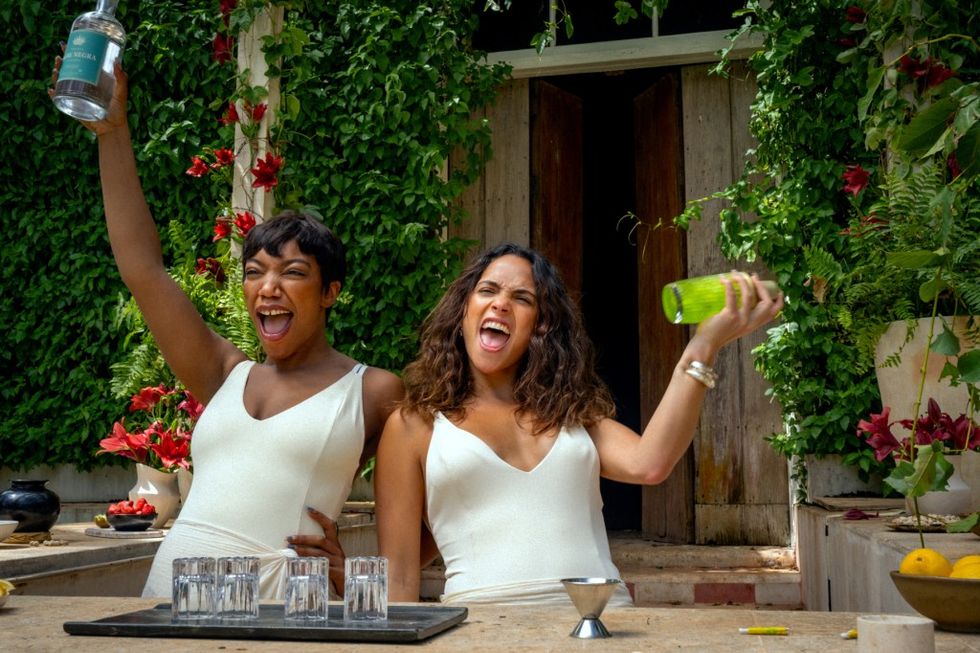
As it turns out, plenty. Jess goes missing, the maid (María Elena Olivares) keeps repeating cryptic phrases (“red rabbit”?). Manipulations and abuse rise to the surface. Soon Frida, like Daniel Kaluuya’s Chris in Get Out, goes from cheery to petrified — and joins forces with the other women to plot bloody revenge.
Co-written by Kravitz and E.T. Feigenbaum, the film puts a magnifying lens on the sexual and physical violence women face and how they’re expected to smile through the pain. Kravitz began working on the story well before the falls of Harvey Weinstein and Jeffrey Epstein during the #MeToo movement.
“This needs to be out there,” says Ackie, who also appeared in Star Wars: The Rise of Skywalker, and played Whitney Houston in the 2022 biopic I Wanna Dance With Somebody. “People need to see this. I felt really strong about it, actually. I was like, warrior cry, ‘Come on!’”
What about playing Frida appealed to you?
Frida reminded me of myself when I was like 25, 27, 28, 29. So, up until recently the energy of Frida was within me, the feeling of not being enough, the feeling of not having enough, the inability to have gratitude for things that you already have. Those qualities put you into spaces, situations or mindsets that are detrimental to you. It [was] like talking to my younger self: “This isn’t the way. This is only going to hurt you.” Because what you think you want and how you think you’re gonna feel when you get it is usually not the case at all.
Do you know what inspired Zoë to pursue this subject?
Zoë is extremely smart and has her finger on the pulse. Her focus was on this idea of women and power and our relationship to it. That was the pushing force, and then when the #MeToo movement came in, and then she was like, “Oh my gosh, it’s running a similar track to what I am trying to explore.”
People as a whole, but in particular women, we all share with one another that, “Was that weird? Did I just smile through something that was actually traumatic?” That kind of vibe is something that we all know about. It’s like a secret language and it’s not really spoken. I know that was part of her inspiration for this. This idea of bringing that to light and the idea of women in particular feeling in danger and having to smile through it: “Yeah, I’m OK. Everything is fine. I’m gonna sit on all this pain, just so I can survive.” That’s a real thing, and that’s a universal thing.
You give Frida this face when she’s pushing down that pain, a porcelain doll-like look of terror masked with glee. How did you tap into that place emotionally?
I’m gonna sound really woo-woo for a second. To me it’s like balancing energies in your body. It’s like tension and release. It’s trying to bump two things that don’t belong together inside your body at the same time, like a magnet that is repelling. The base layer is terror and then if you push it down hard enough and add a smile on top of that, it will never reach the eyes.
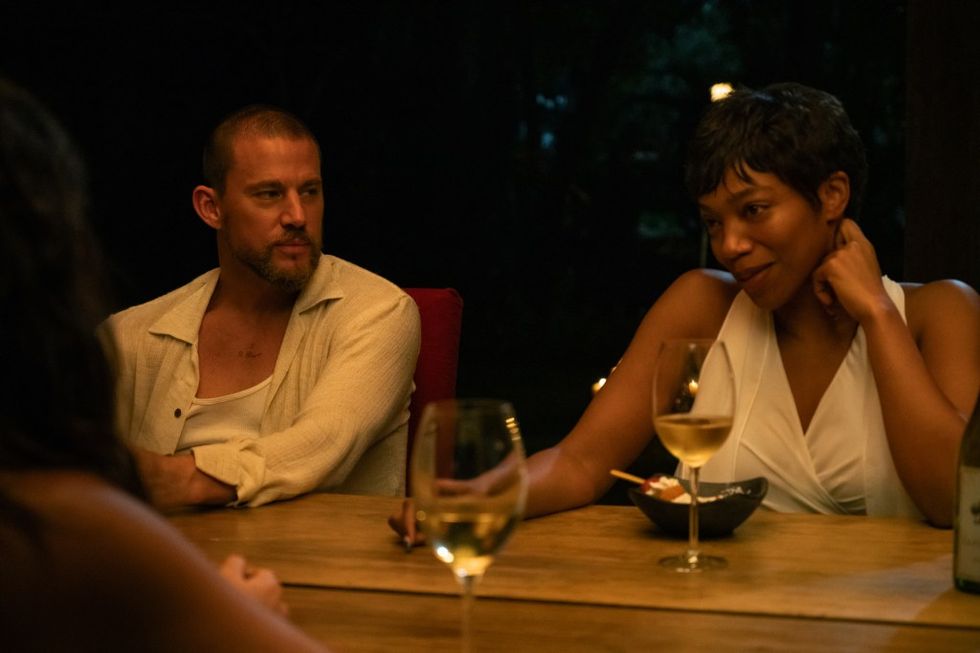
Did you summon any personal experiences to travel to these dark headspaces?
That feeling of, like, there’s something wrong and then pushing past it and continuing is something I have experienced, especially when I was younger. I don’t now. I feel like I have a great need to keep myself safe, mentally, physically. I love myself and I want to be safe.
You graduated from the University of London’s Royal Central School of Speech and Drama in 2014. From there it took a few years before you landed a leading role. Was that hard for you?
It was frustrating, and I think there was a real lack of hope in me that I could make this work. It brought on a lot of self doubt about how I needed to present myself. What did my hair need to look like? What did my figure need to be? All these things to try and fit into what is marketable, not knowing that in the future, that’s something I wouldn’t need to do.
What’s your overall experience been like navigating Hollywood?
There is a reality that there is a scarce amount of roles available to you or that you will be considered for because of your race, because it doesn’t come to mind immediately. We’re talking about unconscious bias, and that is something that needs to be addressed. Something I don’t think people talk about enough. When you think of a doctor, what [image] comes up in your head, and why is that? So yeah, it’s still a thing, but I also can acknowledge that I’m in a very lucky position. I am working, I have had the joy of playing a robust amount of different characters, and all I can hope is that it happens like that for the rest of my career. If that means that I have a harder time finding them, that’s OK. Because to me, the quality of the work means far more than the quantity.
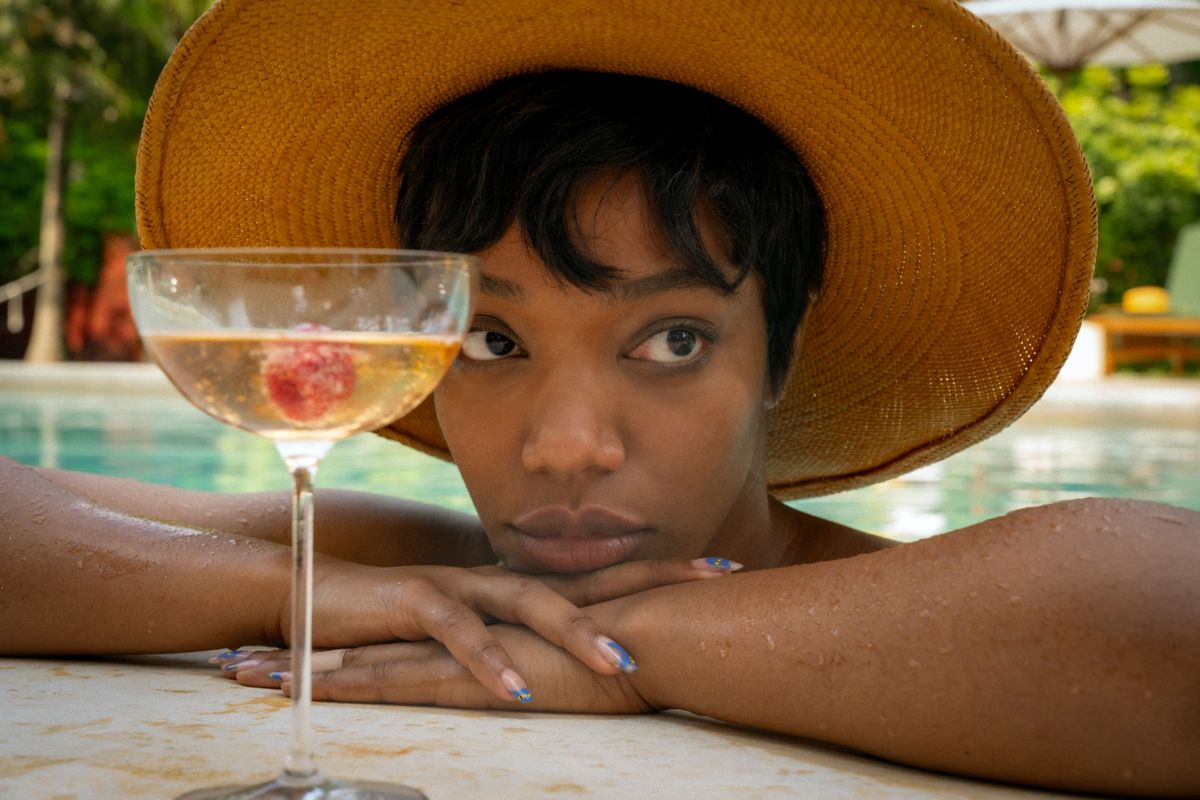






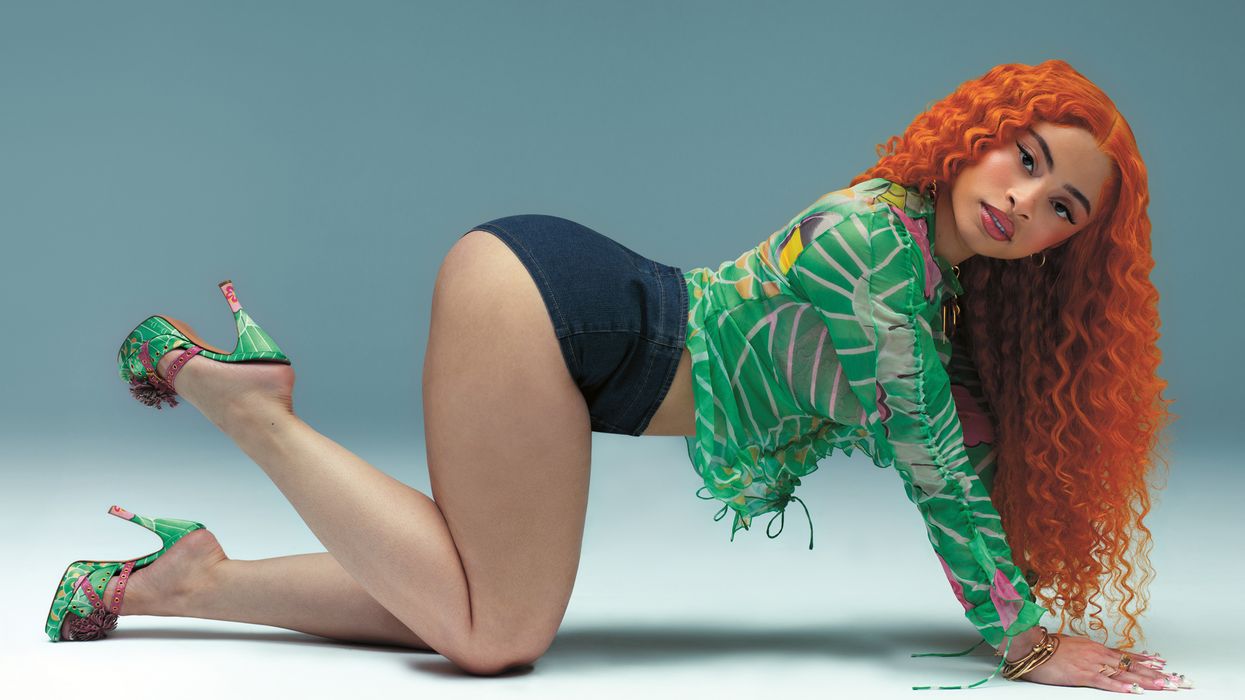
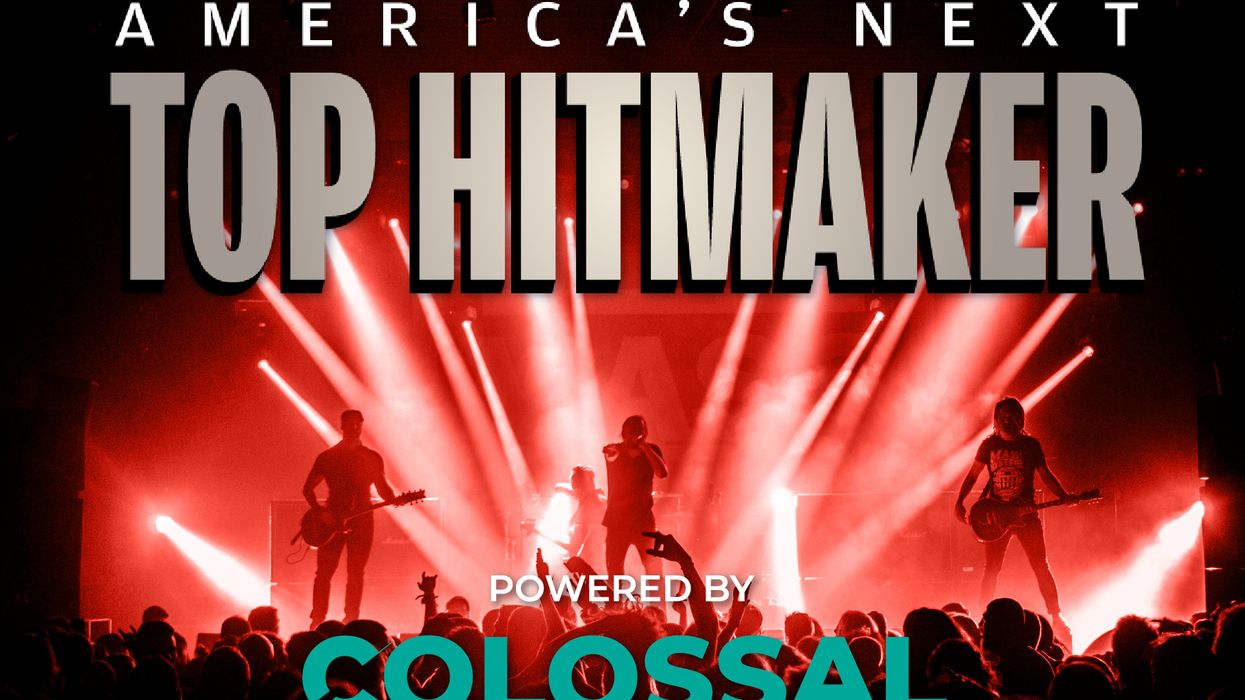
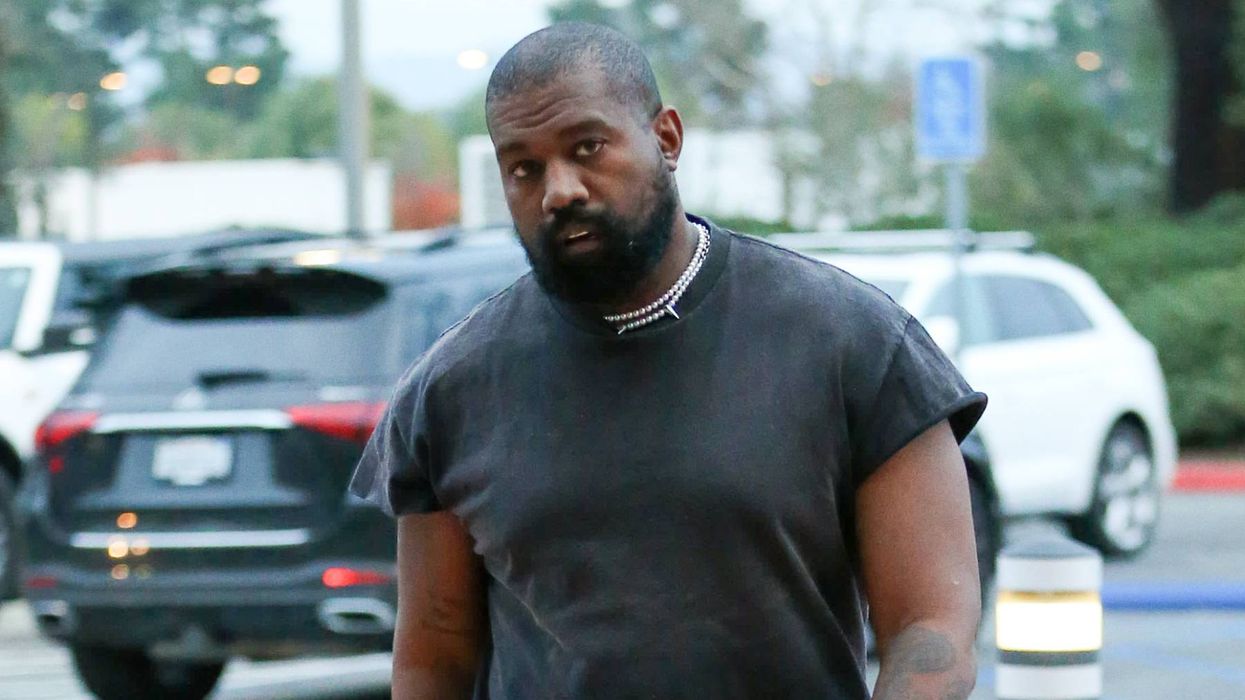
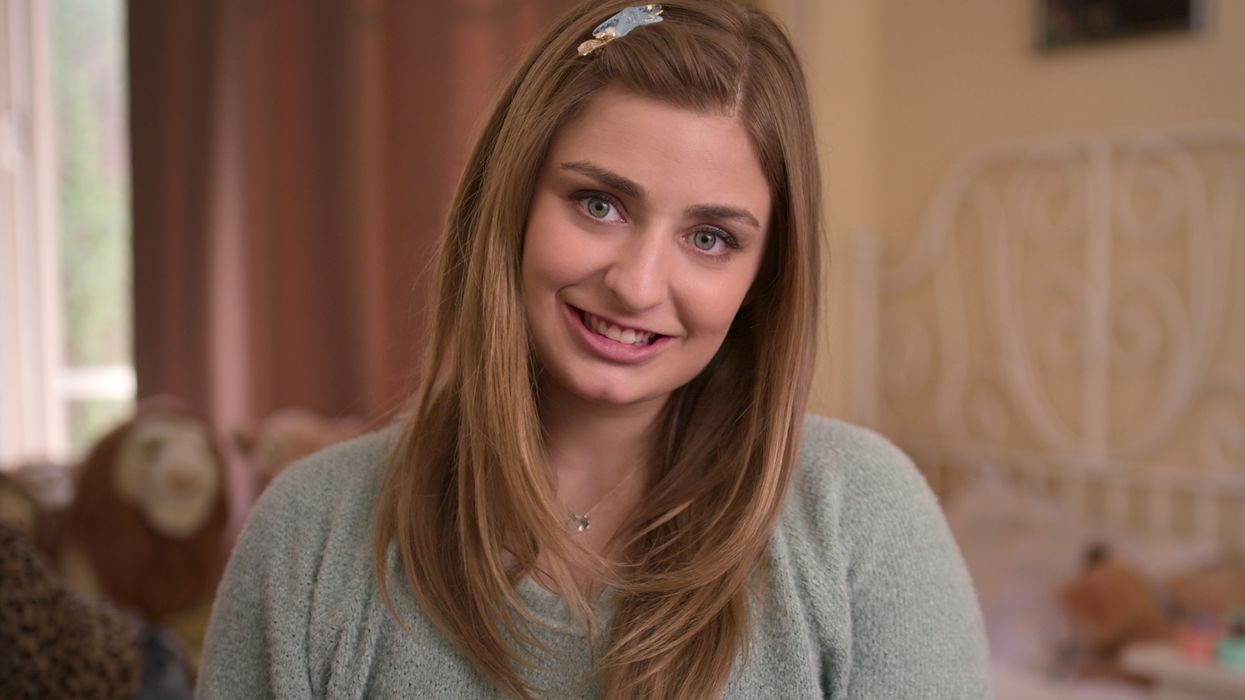
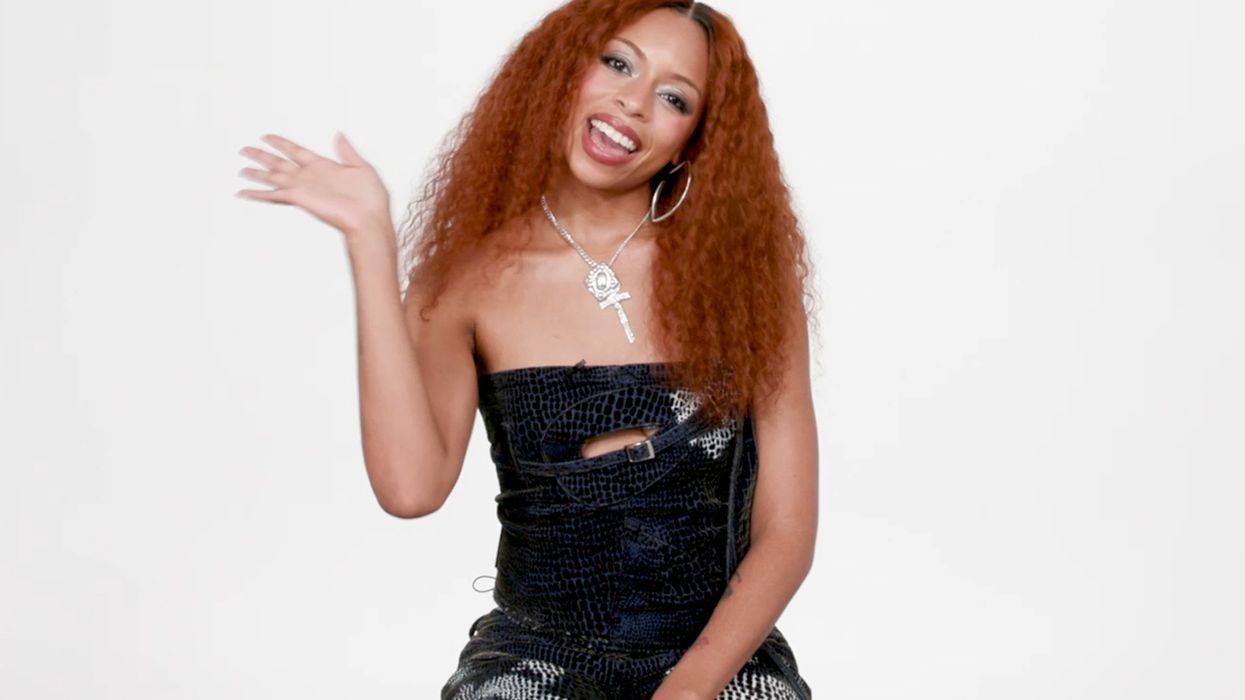
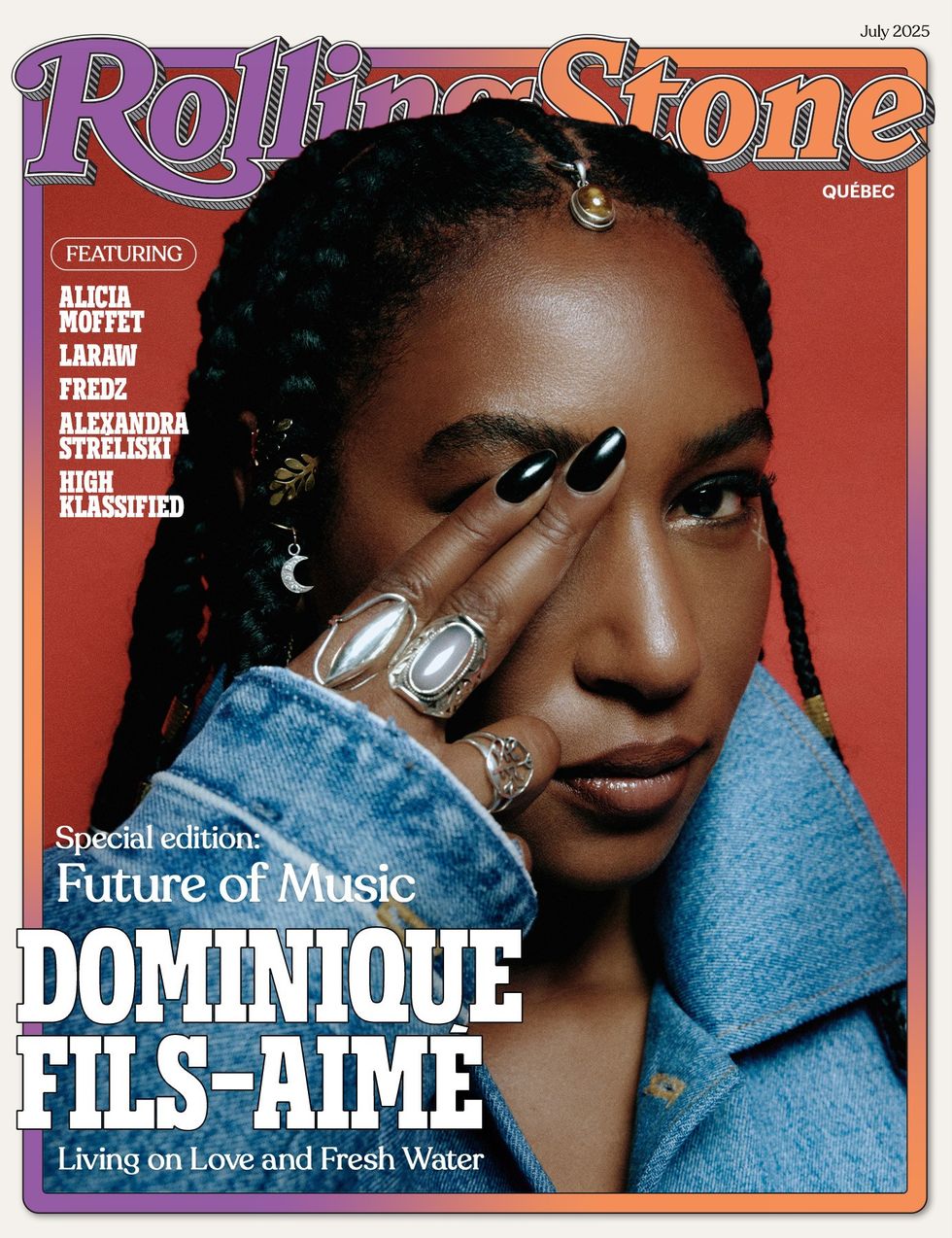 Jean Jacket: Repull/Jewelry: Personal collection
Jean Jacket: Repull/Jewelry: Personal collection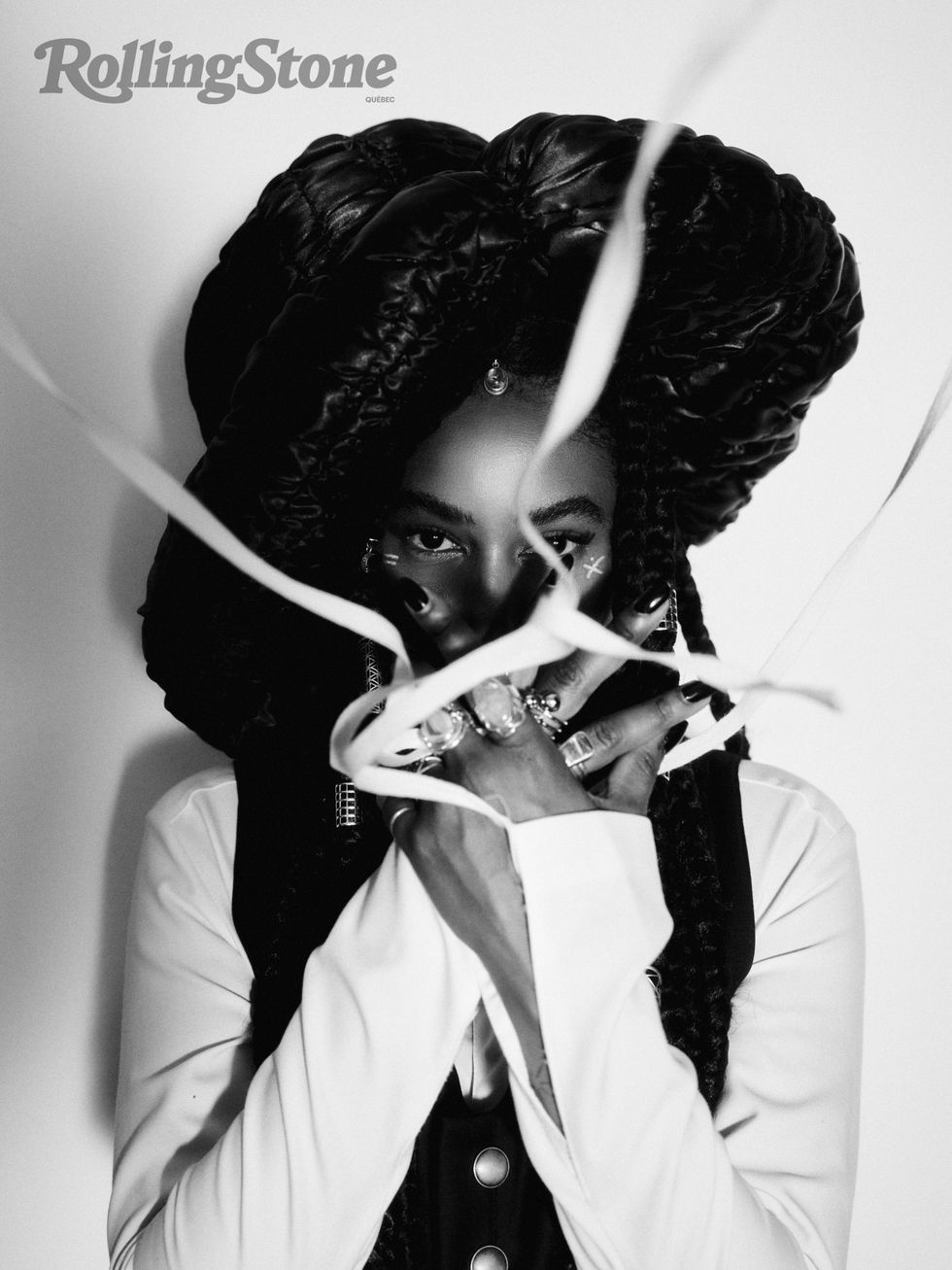 Hat: Xtinel/Dress shirt and vest: Raphael Viens/Jewelry: Personal Collection & So Stylé
Hat: Xtinel/Dress shirt and vest: Raphael Viens/Jewelry: Personal Collection & So Stylé 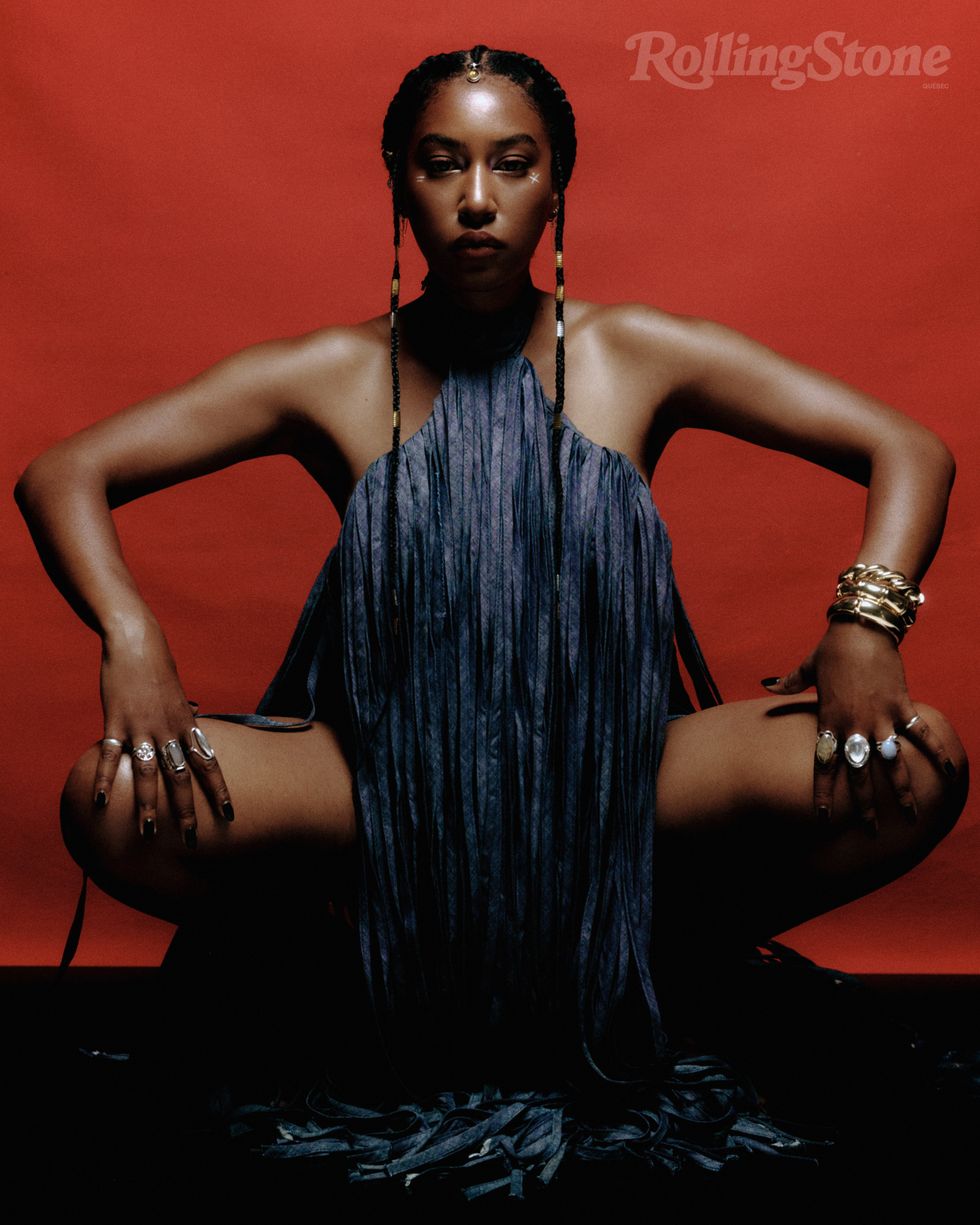 Dress: Helmer/Jewelry: Personal Collection
Dress: Helmer/Jewelry: Personal Collection 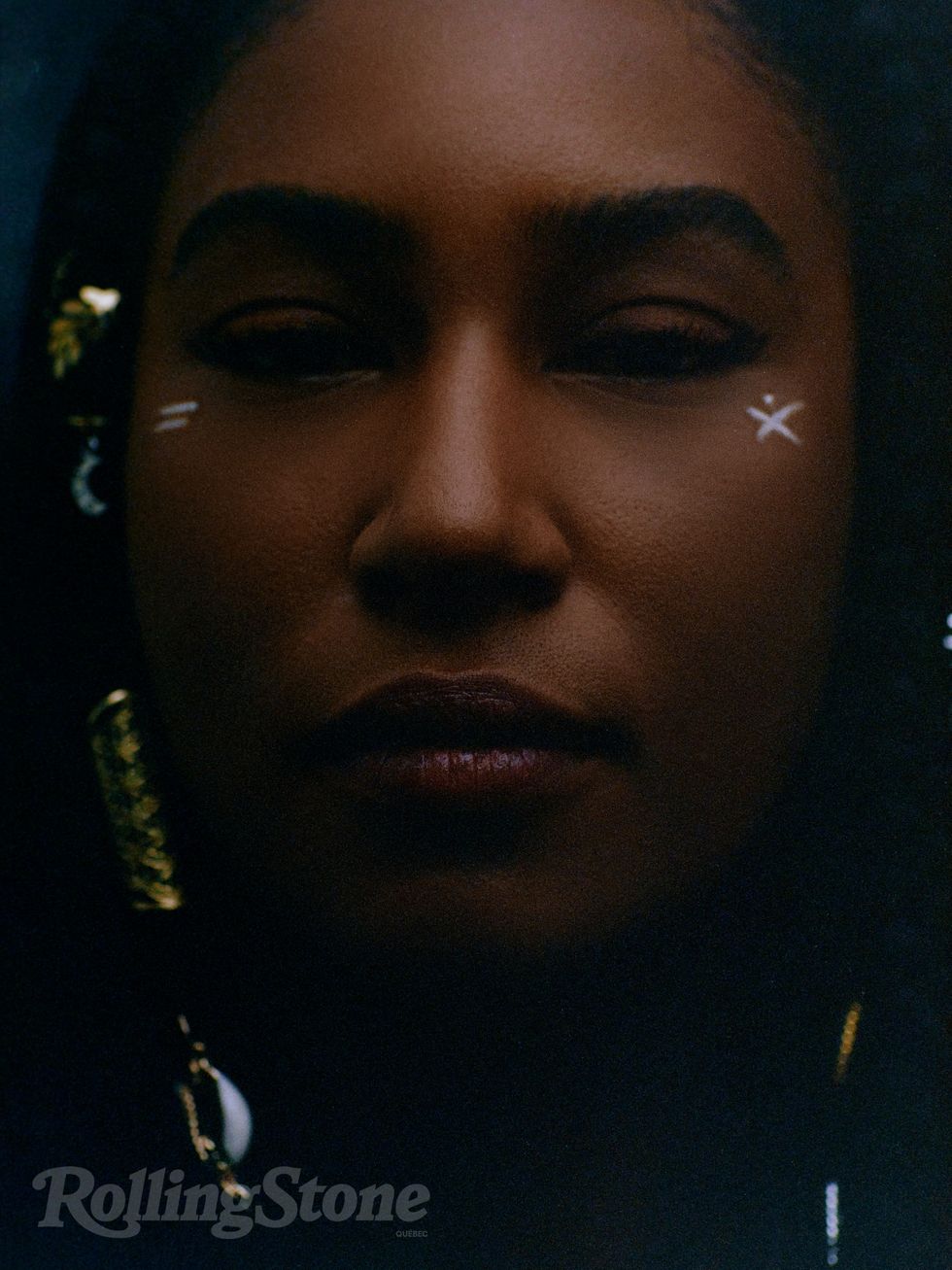 Jewelry: Personal Collection
Jewelry: Personal Collection 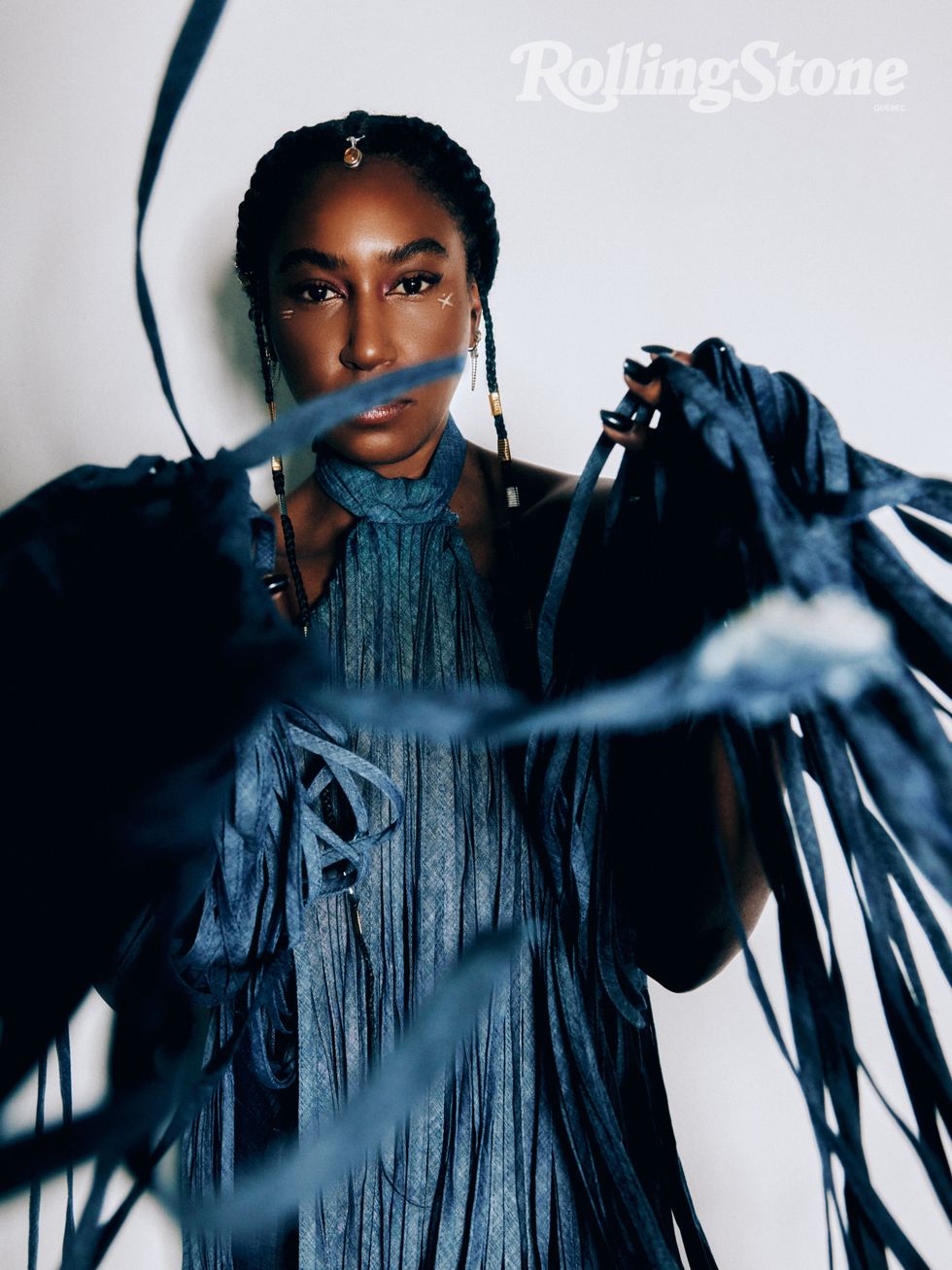 Dress: Helmer/Jewelry: Personal Collection
Dress: Helmer/Jewelry: Personal Collection 
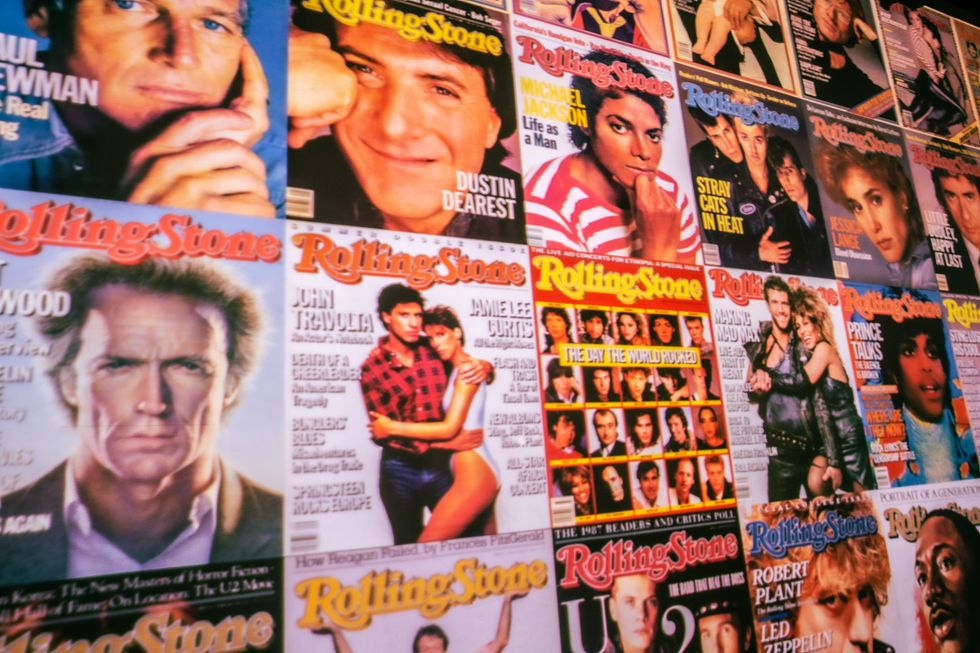
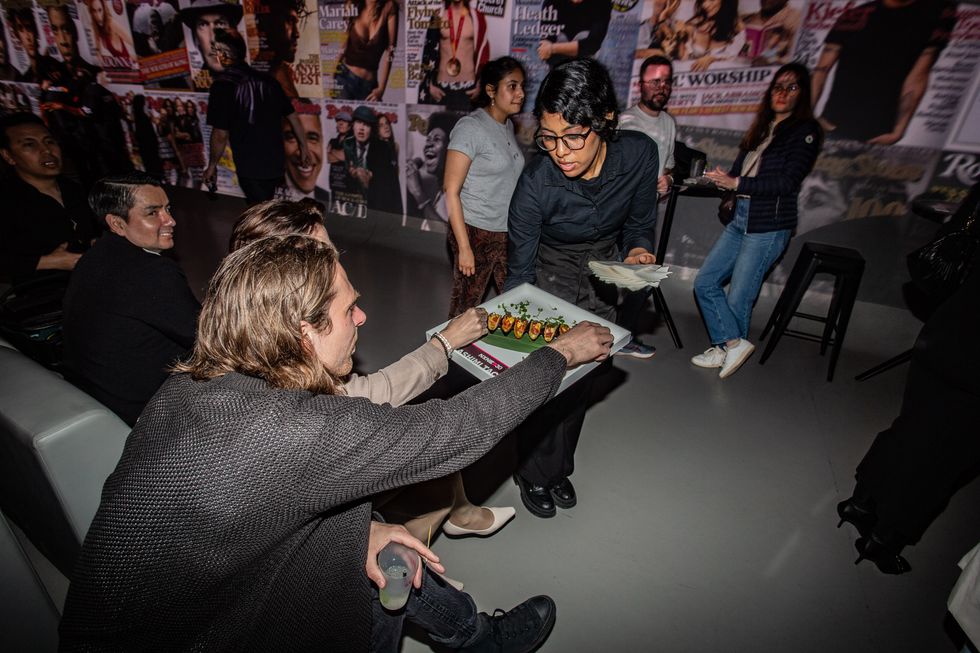 Catering Presented By The Food DudesPhoto by Snapdrg0n
Catering Presented By The Food DudesPhoto by Snapdrg0n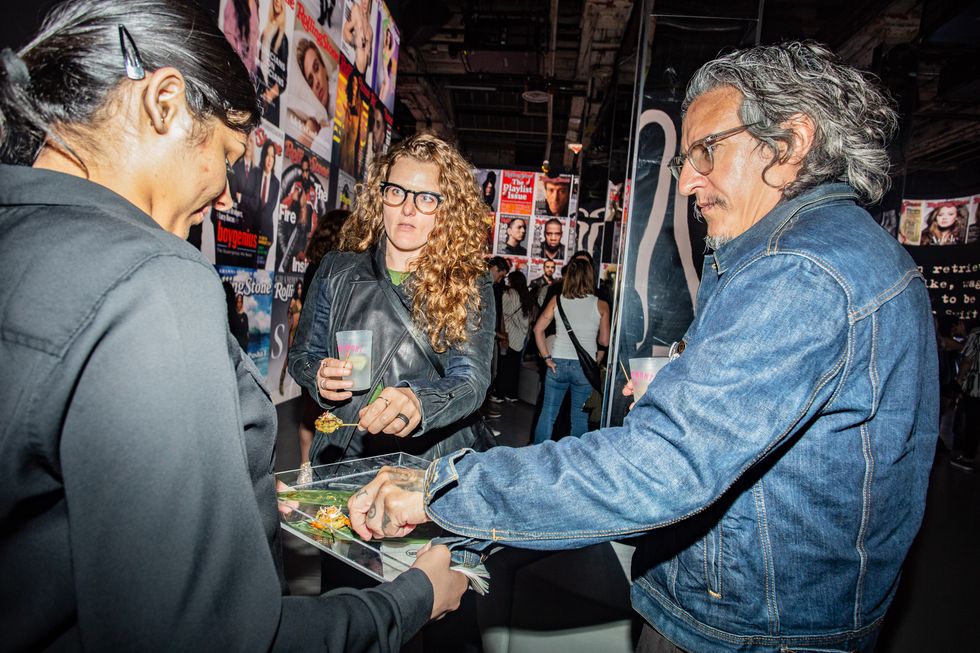 Catering Presented By The Food DudesPhoto by Snapdrg0n
Catering Presented By The Food DudesPhoto by Snapdrg0n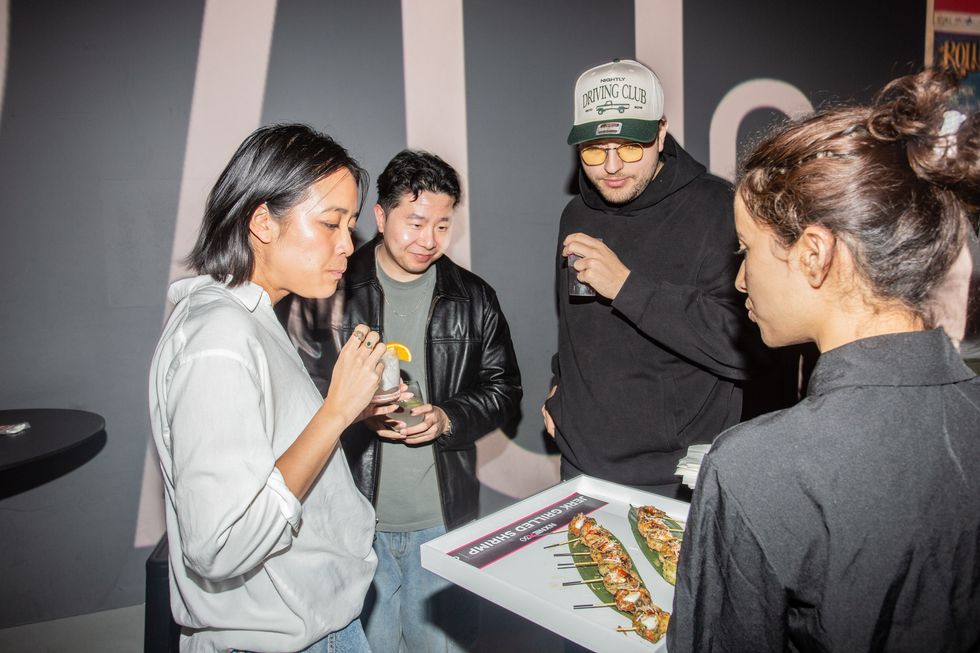 Catering Presented By The Food DudesPhoto by Snapdrg0n
Catering Presented By The Food DudesPhoto by Snapdrg0n
 Photographer: Raphaëlle Sohier / Executive production: Elizabeth Crisante & Amanda Dorenberg / Design: Alex Filipas / Post-production: Bryan Egan/ Headpiece: Tristan Réhel
Photographer: Raphaëlle Sohier / Executive production: Elizabeth Crisante & Amanda Dorenberg / Design: Alex Filipas / Post-production: Bryan Egan/ Headpiece: Tristan Réhel Photo: Raphaëlle Sohier
Photo: Raphaëlle Sohier Photo: Raphaëlle Sohier/ Photo production: Bryan Egan/ Blazer:
Photo: Raphaëlle Sohier/ Photo production: Bryan Egan/ Blazer:  Photo: Raphaëlle Sohier/ Blazer: Vivienne Westwood/ Skirt :
Photo: Raphaëlle Sohier/ Blazer: Vivienne Westwood/ Skirt : 
